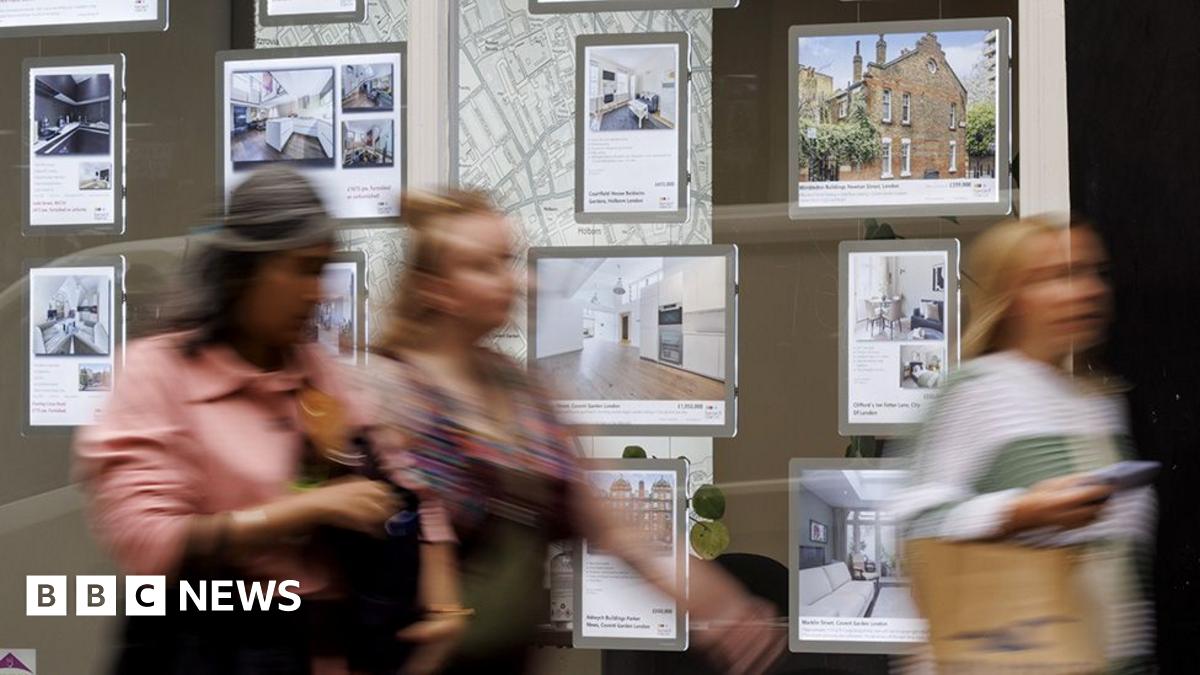Are we talking household income here?
Mines about 23% of just my income then the wife has her UC no idea what she gets for that. She currently pays the mortgage. I'd imagine it's got to be no more than 15% of household income.
Makes me feel a little better about it going up.
Mines about 23% of just my income then the wife has her UC no idea what she gets for that. She currently pays the mortgage. I'd imagine it's got to be no more than 15% of household income.
Makes me feel a little better about it going up.




 Wages may have stagnated for the same role/seniority, but as people progress through their careers they get promoted and earn more.
Wages may have stagnated for the same role/seniority, but as people progress through their careers they get promoted and earn more.
